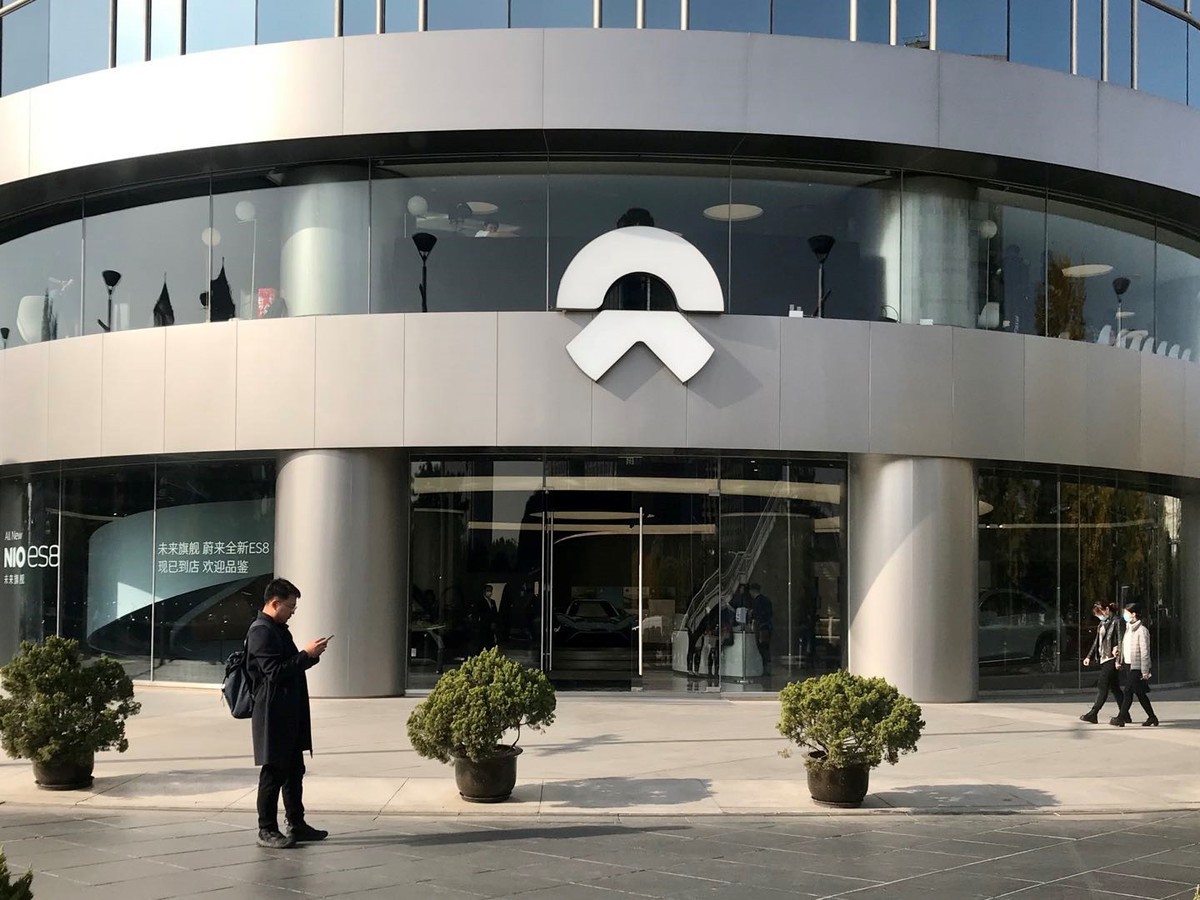New energy vehicle claims belie capabilities of domestic makers


In recent years, China's new energy vehicle sector has been booming and has become an important engine for the country's economic growth. However, there have been some exaggerated claims and safety incidents that deserve the authorities' attention.
Recently, the Guangzhou Automobile Group Co Ltd claimed that thanks to graphene-based batteries, its NEV can be charged 80 percent within 8 minutes and have a long drive range of 1,000 kilometers. As a result, the GAC Group's A-shares rose to the daily upper ceiling and its H-shares soared by nearly 30 percent. The A-shares of the graphene sector, too, rose.
However, some experts have questioned the claims. "If someone says his car can run 1,000 km, but needs just a few minutes to get fully charged, and it's extremely safe and the cost is very low, don't believe it, because these cannot be achieved," Ouyang Minggao, an academician with the Chinese Academy of Sciences, said recently. The GAC Group then responded saying its new generation of batteries is divided into two categories: graphene-based super fast charging and silicon cathode long endurance batteries.
As a sector that has realized transformation and upgrading, new energy vehicles have played an important role in promoting the high-quality development of China's manufacturing industry. In recent years, the automobile industry has ushered in new opportunities, with traditional automobile manufacturers venturing into electric, networked, smart and shared development. However, domestic manufacturers are still under pressure to get rid of technological bottlenecks and compete with foreign manufacturers.
Given that automobiles are an asset-heavy industry, some newly-established manufacturers are under monetary pressure to deliver, while buyers are concerned about NEVs' mileage and safety. At the same time, the facilities for new energy vehicles, such as the number and density of charging piles, still need to be improved. All these problems in the NEV sector are to some extent to blame for some manufacturers resorting to exaggerated claims in order to attract buyers.
Following years of development, Chinese new energy enterprises have accumulated certain advantages in battery technology and other fields, but compared with traditional European and US companies, they still face certain gaps in vehicle control systems and other aspects. China's auto manufacturers have a long way to go before reaching the level of their foreign counterparts.


































